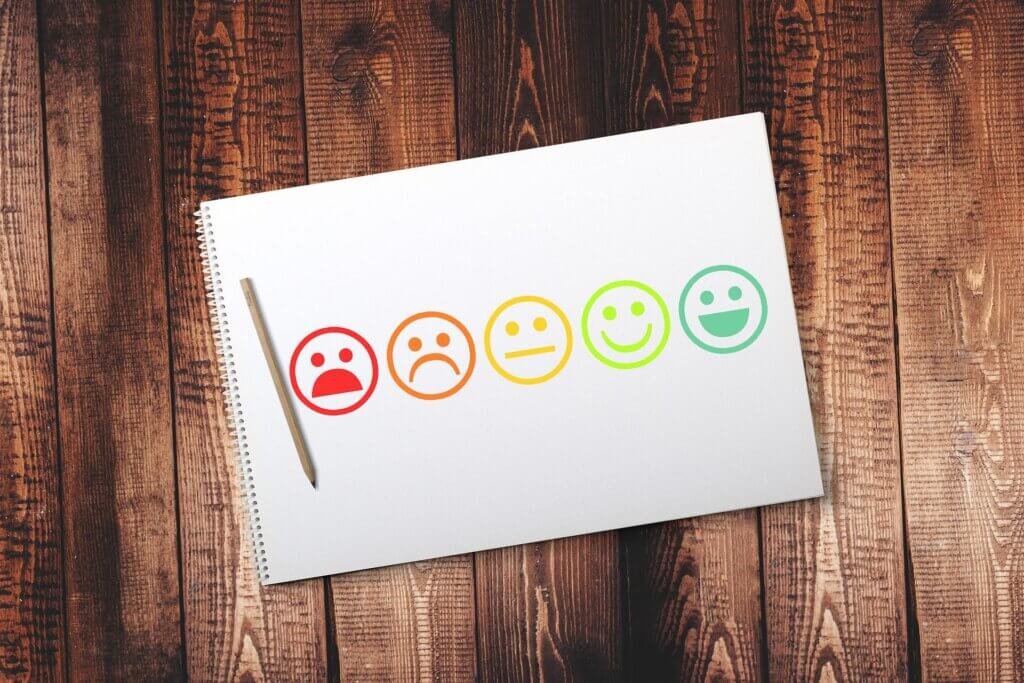
What is a Live Action Slush?
A live action slush is when a section of a writer’s work (typically the opening pages) is read out loud and critiqued immediately. The evaluators tell the author what their impressions would be if they had picked this up out of their slush pile. A ‘slush pile’ is a term for the submissions received by an agent or publisher; it is the pile of manuscripts to read through. Agents and publishers essentially wade through the slush to find something that fits their goals.
The live action slush is like a pretend query. It allows the author to hear what the critiquer’s first impressions would have been and at what point, if any, they would have stopped reading. The evaluators flag issues that they would be looking for in an actual manuscript query.

At the Virtual Conference
I was nursing a headache the morning of the live action slush. Weeks prior, I had submitted the opening pages of my work in progress to be read aloud on zoom and critiqued live by a panel of three editors/authors at the When Words Collide Conference 2022.
I waited anxiously for my piece to be read.
“The next submission is titled Parallax Error” I heard through the tinny laptop speakers.
“It’s yours AJ! Come quick!” My fellow writer friends summoned me away from my headache.
I jumped up, powered by adrenaline, and launched myself into the living room of our Airbnb.
The opening line of my piece welcomed me to the couch. “Some days, I’ve wished I could rip out my heart and cradle it in my hands.” The reader had a commanding voice. I listened carefully to how someone other than me would read my words.
The editors/authors had said they would raise their hand for the reader to stop at the point when they would have thrown the submission back into the slush pile if they’d received the manuscript as a query. I leaned forward on the couch (the kind of couch that was so wide you could hardly keep yourself from falling back into it). The reader continued through my submission to the end of my opening pages. No one raised their hand. None of the evaluators had said they’d discard my submission. The first terrifying bit was over. I braced for the next part: feedback. The point of the live action slush wasn’t to receive praise, but rather to receive constructive feedback, so I prepared for the worst.
“I found the opening sentence rather…unpleasant. If I had picked up this book in a bookstore and read that, I would have put it right back on the shelf,” said one of the authors, her face pinched sourly.
“Oh?” another chimed in. “I thought it was interesting because the genre was sci-fi. I thought that maybe we were in a world where something like that might be possible — like you could actually take your heart out of your chest.”
And herein lies the difference in feedback from different readers. This is a great example of why it is important to get feedback from your target audience. I’m glad to know that some people may find that opening off-putting, however, if the first sentence didn’t appeal to that reader, it is unlikely she would have enjoyed the rest of my story as it does get dark and strange. She may not be my ideal reader! But I did appreciate her feedback because it made me take another look at the opening. My entire work in progress was birthed from that opening line so I hadn’t gone back to properly look at it and make sure it flowed with the rest of the scene.
Sometimes as a writer, it’s easy to look at something so often that it becomes invisible — which is exactly what happened to me with that opening line. The critiquers raised an excellent point that that sentence didn’t flow with the rest of the scene and I’ve since gone back and heavily revised.
At the end of the critique, I was given the opportunity to own up to my work. “Would the author like to identify themselves?”
I raised my little zoom hand.
“AJ Hanson? Thanks for submitting. You’re a strong writer. I’m curious what happens in the rest of this story.”
It was nice to leave it on a high note. Feedback always stings at first, but gets better with reflection and time. I am grateful to the critiquers for their thoughts.
Am I Glad I Submitted?
Am I glad I submitted? Yes.
Feedback can be hard to receive on something you’ve poured your heart into but if you approach it with a sense of humility and an open mind, it is so very valuable. Not all feedback will be something you can implement but it will allow you to see how the reader is perceiving your work. Are your words coming across the way you intended?
In the case of the live action slush, the experience allowed me to hear the opinions on my first couple of pages from people who hadn’t read the rest of the story and didn’t know the overall plot. This was incredibly valuable to learn because when I begin querying (if I pursue traditional publishing instead of self-publishing), I’ll only have the first few pages of my manuscript to make an impression on the agent or publishing house. So yes, I am glad I submitted despite this intense experience. I learned a lot about my work and where I need revisions.
The most actionable thing I learned is that the first pages should clearly introduce the protagonist, their goals, and the stakes. I’ll be rewriting the opening to increase the stakes for the main character and to clarify her goal. Realizing that those factors weren’t coming across as I’d hoped was one of the most valuable lessons for me from the entire conference. I left feeling inspired to revise my work.
It is nerve-wracking to have your work analyzed in front of an audience — but it is so rewarding to get that feedback. I’m certainly open to participating in another live action slush event in the future.
Thanks for reading this! If you enjoyed this post, please subscribe to my newsletter.
Til next time,
AJ







